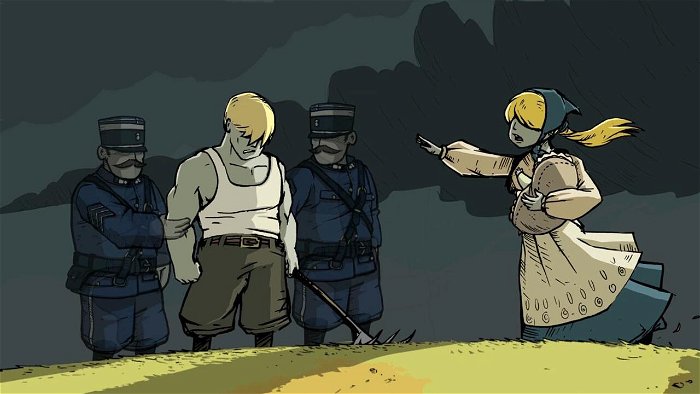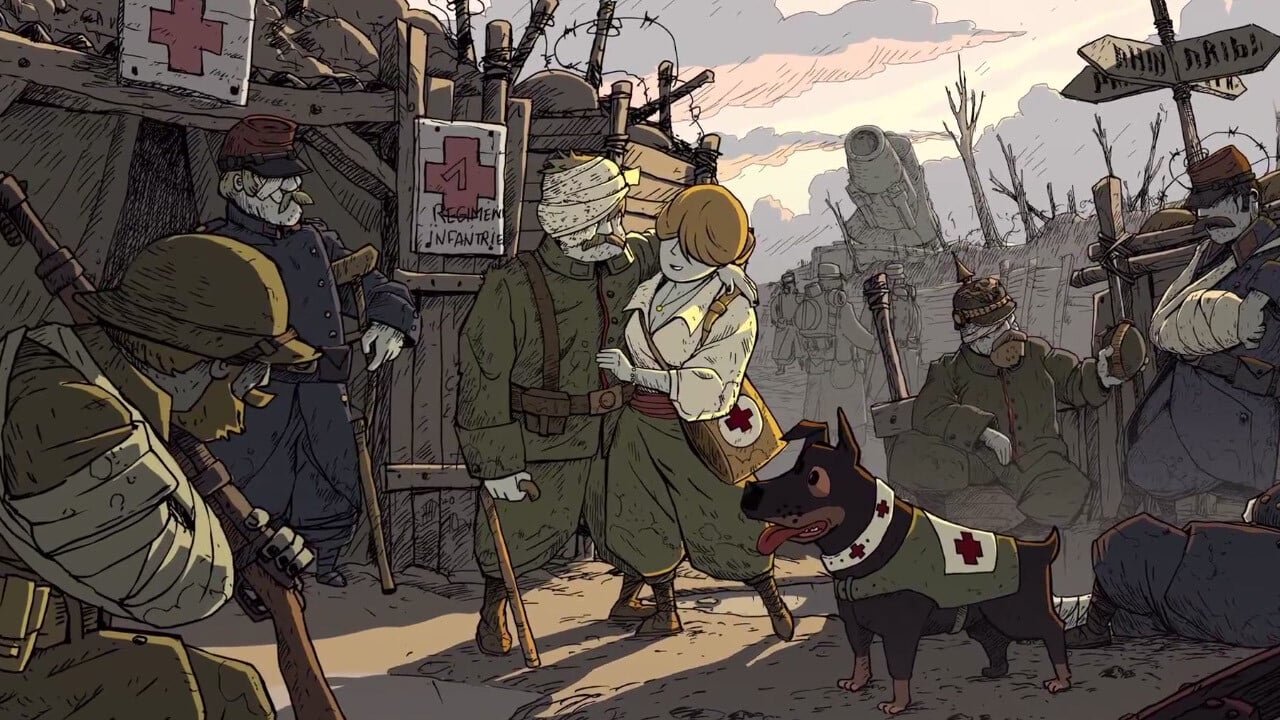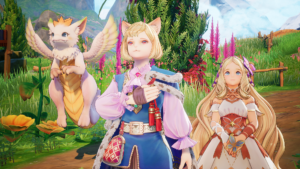The content director and mind behind Valiant Hearts: The Great War, Yoan Fanise, has announced that he’s opening his own studio, Digixart Entertainment, an indie game studio that will focus on meaningful and serious subjects that will brush human emotion.
“We want to talk about subjects that are meaningful for us, for humans in general,” Fanise said in an interview with gamesindustry.biz. “We can talk about religion, about pollution, about death. We can talk about serious subjects in our games in a subtle way, without any judgment but with some emotion inside.”
Fanise left Ubisoft in March after 14 years. When asked what his future plans were in a Gamasutra interview that month, he responded, “why not go real indie, after being called ‘fake indie’ during my two years on Valiant Hearts?”
Fanise’s desire to deal with more serious subject matters that speak to the human condition is evident in more than how he wants to create game content. Fanise worked on titles like Beyond Good & Evil and Assassin’s Creed. The AAA environment left him feeling disconnected, and the step towards indie game development and making smaller games returns him to “the core” of what his job is.

“It’s like you’re going back to your roots as a developer,” he told gamesindustry.biz regarding the making Valiant Hearts. “On huge AAA games, there are so many layers and coordination, but it’s necessary for that kind of game. And sometimes you lose your soul, in a way.”
The Digixart is currently a team of ten people. Fanise worries about expanding the team to 20 or more people because he wants to keep the process of game-making and running a studio “light” and “quick.”
Although Fanise says he wouldn’t have taken the step to go indie unless he had a fully fleshed out idea for a first project, it is still too early to announce a first title. It is clear that whatever the first project is, Fanise wants it to be “artisanal” and to have a layer of meaning that many AAA games fail to communicate.
“I think we’re seeing there’s a new generation of video games that have something to say, and people are really enjoying them,” he says. “I think we’re at the beginning of something.”



